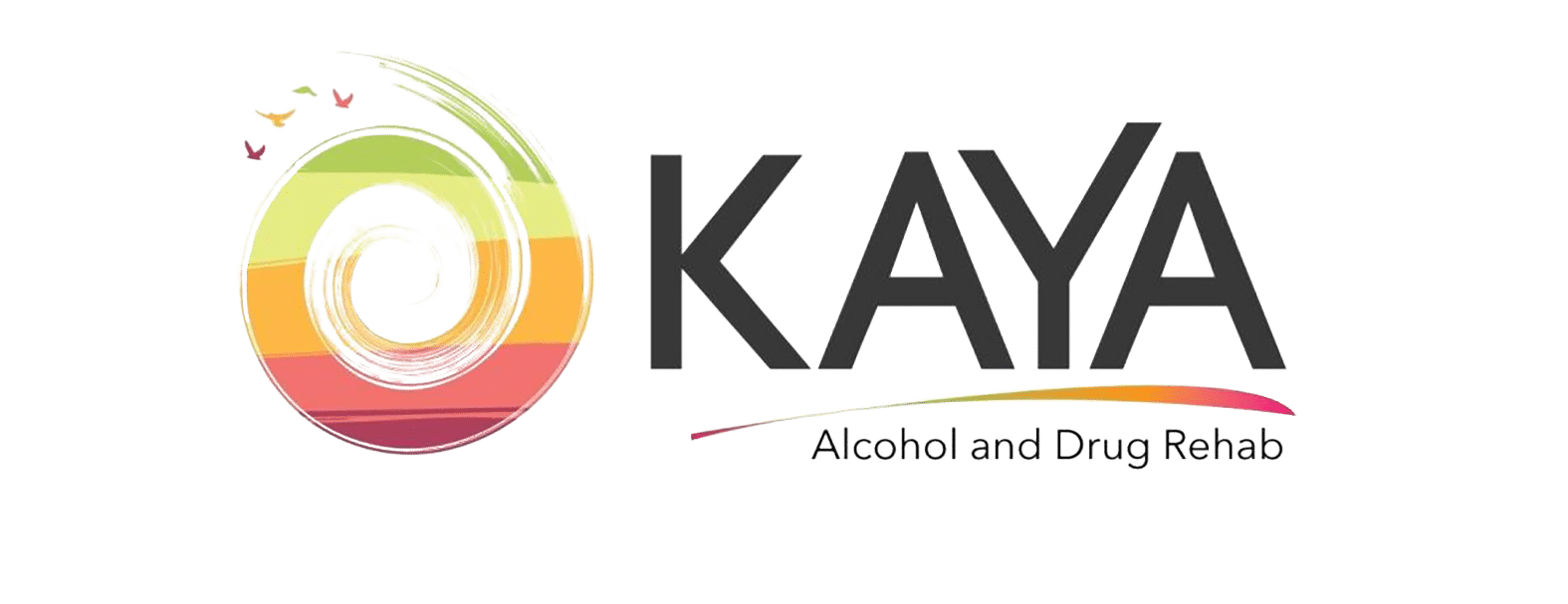Family Support for a Loved One’s Recovery
Living with an addicted family member can be exhausting and upsetting. It can take you to the limit and test your patience.
The feeling of sending them into treatment and living apart for a span of time can be sad and tough but you know it’s for the good.
Addiction is accepted as a disease hence it can be cured.
Once they have recovered, things would be better for themselves, the family and the community.
However, treatment doesn’t stop after the individual has left rehab. Undergoing rehab is considered as the first step. The real challenge happens after the treatment because they will be exposed to stresses that might trigger relapse. While it is hard for them to stay sober, it can be more difficult for you because of the changes.
Balancing time and effort for yourself, for the addicted family member, and for work is one of the toughest tasks.
We at KAYA are all ears. You can talk to us. Let us help you and your loved one find meaningful and personalized treatment solutions. We’ll work together. There is always hope no matter where you’re coming from.
Early Detection is Better but Prevention is still the Best
Addiction is chronic in nature due to repeated substance use. Addiction in its early stage might not be noticeable especially if the person can hide it well. That’s why it is important knowing and understanding addiction as well as being keen to the signs and manifestations. Recognizing the problem is always the first step towards recovery.
What Can You Do for an Addicted Loved One?
Genuine care and concern is the heart of healing and recovery. Some of the important things you can do are the following:
- Listening without judging. An ear that listens and a shoulder to cry on is often what everyone needs when they’re feeling down. Having someone to voice out, even without hearing an advice back, is enough to unload a burdened heart.
- Make time for fun and recreation. Go on a vacation. Visit a relative in the country. Watch a movie. Life doesn’t stop just because there’s someone in recovery. In fact, they need alternative ways to escape and relax, instead of going back to substance use for that purpose.
- Allow them to face the consequences of their actions. Don’t shield or cover up for them because it might encourage them to commit the same mistake. However, consequences must always be paired with compassion.
- Recognize self-initiated actions that promote recovery.
- Set boundaries. Limitations must aim to improve the well-being for everybody. It is equally important for everyone to agree as this promotes sincerity and commitment.
- Understand that recovery is a process and you can’t have for your old life back. You can only take the lessons learned and use it for improvement.
What Can You Do for Yourself?
- Stay healthy because you have to be a good example, too.
- Educate yourself about addiction.
Keep relevant contact information such as your preferred rehab center, detox clinic, family physician, etc. - Avoid blaming yourself for your loved one’s addiction. You can’t control someone else’s decisions and you can only do so much for the person.
- Never argue with if person is intoxicated. You won’t make any resolution and worse, it might just lead to an argument.
- Maintain a positive attitude to help the person avoid feelings of guilt, helplessness and hopelessness, which might lead to substance use.
Family Consultation and Support
Get in touch with our program manager for family consultation and support.
Our family consultation services can provide personalized addiction treatment options or guide you through our easy admission process. We understand how addiction destroys lives and families and we are here to help.
Call us or simply fill out our contact form.
The family is always the primary support group of an addicted member.
Remember that KAYA is always here to help.
